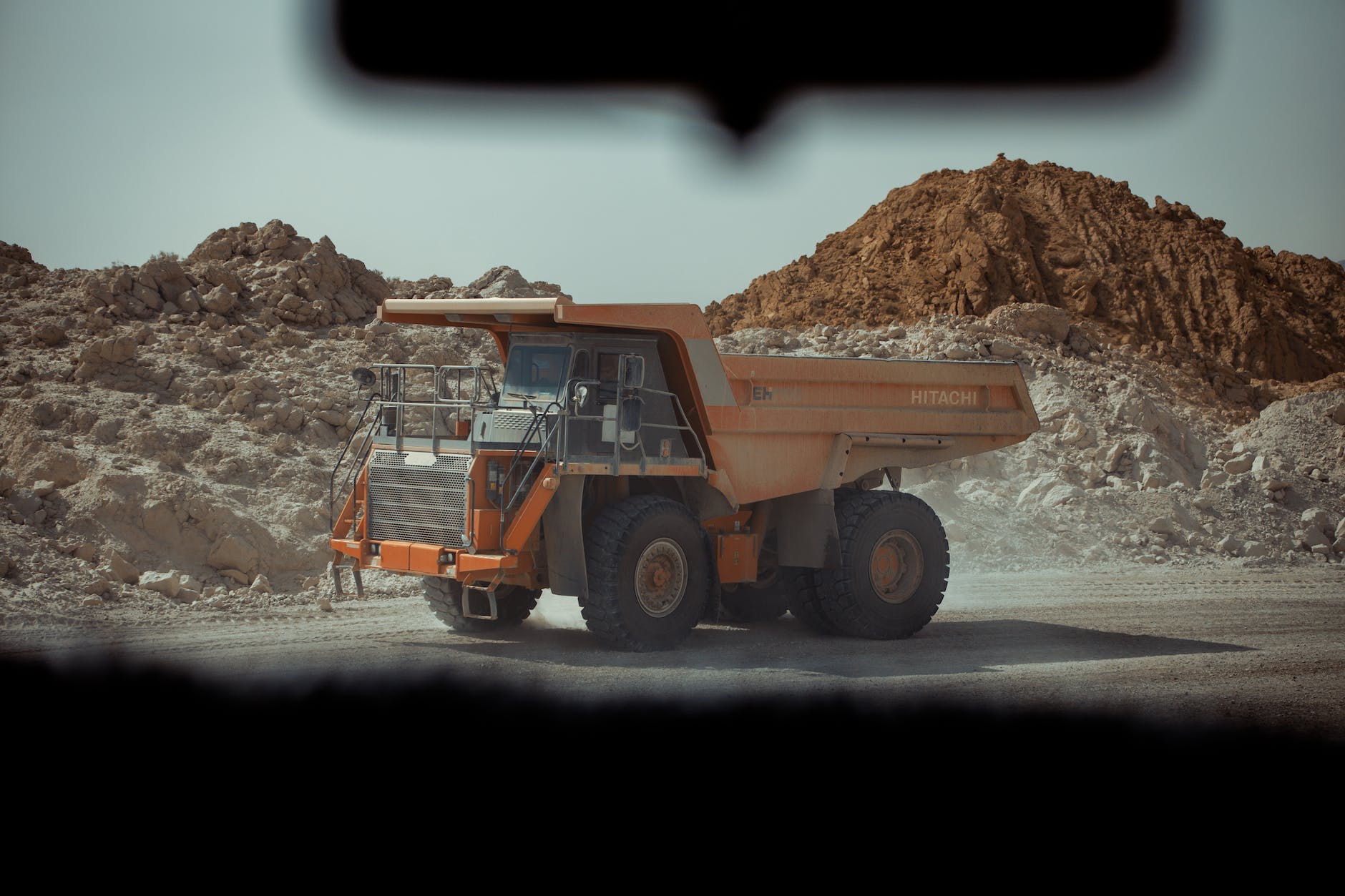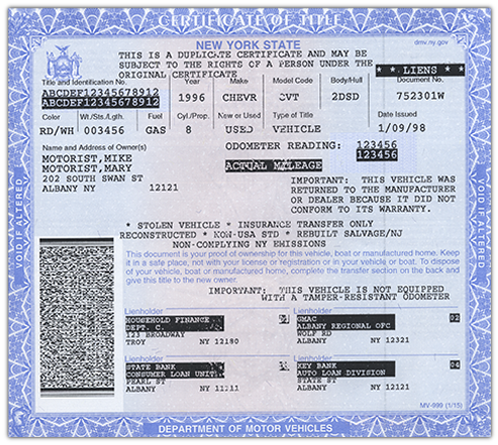Dump Truck Resale Value: A Comprehensive Guide to Maximizing Your Investment
Dump Truck Resale Value: A Comprehensive Guide to Maximizing Your Investment cars.truckstrend.com
In the world of heavy equipment, a dump truck is more than just a piece of machinery; it’s a vital asset, a workhorse that underpins countless construction, mining, and hauling operations. For business owners and fleet managers, understanding and optimizing the dump truck resale value is not merely an afterthought—it’s a critical financial strategy that directly impacts the total cost of ownership, fleet rotation cycles, and ultimately, profitability.
Dump truck resale value refers to the market price a used dump truck can command at the time of sale. It’s the residual worth of your investment after a period of use, a crucial factor in calculating depreciation, assessing asset health, and making informed decisions about fleet upgrades or downsizing. A higher resale value translates into lower net costs over the life of the truck, freeing up capital for new investments and enhancing your company’s financial agility. Ignoring this metric can lead to significant financial losses, trapping capital in depreciating assets and hindering growth. This comprehensive guide will delve into the multifaceted aspects of dump truck resale value, offering actionable insights to help you protect and maximize your investment.
Dump Truck Resale Value: A Comprehensive Guide to Maximizing Your Investment
Factors Influencing Dump Truck Resale Value
Many variables converge to determine the ultimate resale price of a dump truck. Understanding these factors is the first step towards strategic fleet management.
-
Age and Hours of Operation:
Like any vehicle, age plays a significant role. However, for heavy equipment, hours of operation (engine hours) often carry more weight than mileage, as they better reflect the actual wear and tear on the engine and hydraulic systems. Trucks with lower hours for their age typically command higher prices. The general sweet spot for resale often falls between 5-7 years, before major component overhauls typically become necessary. 
Physical and Mechanical Condition:
This is perhaps the most critical determinant. A well-maintained truck with a clean exterior, minimal rust, intact bodywork, and a fully functional drivetrain will always fetch a premium. Buyers look for signs of regular maintenance, such as recent oil changes, tire condition, brake health, and the absence of fluid leaks. The condition of the dump body itself – its integrity, lack of dents, and smooth operation of the hoist – is paramount.-
Maintenance Records and History:

Proof of diligent maintenance is gold. Comprehensive service records detailing oil changes, filter replacements, major repairs, and preventative maintenance schedules build immense trust with potential buyers. It demonstrates that the truck has been cared for, reducing perceived risk and future maintenance concerns for the new owner. Missing or incomplete records can significantly depress value. -
Make, Model, and Brand Reputation:
Established brands like Kenworth, Peterbilt, Freightliner, Volvo, Mack, and Western Star often retain better resale value due to their reputation for reliability, durability, and readily available parts and service networks. Specific models known for their robust performance in certain applications (e.g., severe-duty hauling) also tend to hold their value better.
-
Specifications and Configuration:
The truck’s configuration directly impacts its utility and, consequently, its demand.- Axle Configuration: Tandem (6×4) is most common, but tri-axle or quad-axle trucks have specialized uses and can command higher values in specific markets.
- Engine Size and Horsepower: Adequate power for heavy loads is crucial.
- Transmission Type: Manual transmissions are still common, but automatic or automated manual transmissions (AMTs) are increasingly popular and can enhance resale.
- Dump Body Type: Standard dump bodies, half-round, lightweight aluminum, or rock bodies cater to different needs, affecting niche market values.
- Gross Vehicle Weight Rating (GVWR): Higher GVWRs indicate greater hauling capacity.
-
Market Demand and Economic Conditions:
Resale values are intrinsically linked to the broader economy and industry-specific demand. During economic booms and high construction activity, demand for used dump trucks surges, driving prices up. Conversely, a slowdown can lead to an oversupply and lower prices. Regional demand also plays a role; a truck configured for aggregate hauling might be more valuable in an area with active quarrying. -
Location:
Geographical location can impact value due to regional demand, climate (e.g., rust issues in coastal or high-salt areas), and transport costs for potential buyers. -
Emissions Standards Compliance:
With increasingly stringent environmental regulations, trucks compliant with newer emissions standards (e.g., EPA 2010, Tier 4 Final) will have broader market appeal and better resale value, especially in areas with strict emissions zones. Trucks requiring costly after-treatment system repairs can see their value significantly diminished.
Maximizing Dump Truck Resale Value: Actionable Strategies
Proactive management is key to unlocking the highest possible resale value for your dump truck.
-
Prioritize Preventative Maintenance:
This cannot be stressed enough. Stick to or exceed manufacturer-recommended service intervals for oil changes, fluid checks, filter replacements, and lubrication. Address minor issues promptly before they escalate into costly major repairs. A well-maintained engine, transmission, and hydraulic system are the heart of your truck’s value. -
Keep Meticulous Records:
Every service, every repair, every part replacement – document it. Create a comprehensive file, digital or physical, that can be presented to potential buyers. This transparency builds trust and justifies a higher asking price. -
Address Cosmetic Issues:
First impressions matter. Wash and detail the truck thoroughly, inside and out. Repair minor dents, scratches, and rust spots. Ensure all lights, mirrors, and glass are intact. A clean, presentable truck suggests it has been cared for, even if it’s seen heavy use. Don’t forget the tires; good tire tread is a visual indicator of maintenance. -
Strategic Repairs and Upgrades:
Before selling, evaluate if certain repairs or upgrades will yield a positive return on investment. For example, replacing worn tires, fixing a non-functioning AC, or addressing a minor fluid leak might be worthwhile if the cost is less than the expected increase in resale value. Avoid major overhauls unless the truck is practically unsellable otherwise, as you may not recoup the full cost. -
Time Your Sale:
Monitor market trends and industry activity. Selling when demand is high (e.g., before the peak construction season) can result in better prices. Avoid selling during market downturns if possible. -
Choose the Right Initial Purchase:
Consider future resale value even when buying new. Opt for reputable brands and popular configurations that historically hold their value well. Avoid highly specialized custom builds unless you have a specific, recurring need for them, as they can limit your potential buyer pool.
When to Sell: The Sweet Spot for Resale
Finding the optimal time to sell involves balancing depreciation, operating costs, and potential future repairs.
- The Depreciation Curve: Dump trucks depreciate most rapidly in their first few years (often 20-30% in the first year alone). The rate then slows but continues steadily. Selling too early means absorbing the steepest depreciation; selling too late means dealing with increased maintenance costs and diminished value.
- Operating Costs vs. Resale Value: As a truck ages, operating costs (fuel efficiency, repairs, downtime) tend to increase. There’s a point where these rising costs begin to outweigh the benefits of keeping the truck. This "economic life" often aligns with the 5-7 year mark, or around 150,000 to 250,000 miles (or equivalent hours), before major components like engines or transmissions typically require significant attention. Selling before these major overhauls become necessary can save you substantial expense and make the truck more appealing to buyers.
- Anticipate Major Repairs: If you foresee a major component failure (e.g., engine rebuild, transmission replacement) in the near future, it might be more financially prudent to sell the truck before that expense is incurred. Buyers factor in these potential costs.
Where to Sell: Avenues for Maximizing Return
Choosing the right sales channel can significantly impact your net return.
- Online Marketplaces: Platforms like TruckPaper.com, EquipmentTrader.com, My Little Salesman, and Ritchie Bros. Auctioneers’ online marketplace offer vast exposure to a global audience of potential buyers. They allow for detailed listings with photos and specifications.
- Auctions (Live & Online): For quick sales or a large fleet disposal, auctions can be effective. While you might not always achieve top dollar, they offer speed and convenience. Reputable auction houses like Ritchie Bros. or IronPlanet attract serious buyers.
- Dealership Trade-ins: Convenient, but often yield a lower value than direct sales. Dealers need to factor in their reconditioning costs and profit margins. However, it simplifies the process, especially if you’re upgrading your fleet.
- Private Sales: Selling directly to another business or individual can potentially yield the highest price as you cut out the middleman’s commission. However, it requires more effort in marketing, negotiation, and handling paperwork.
- Equipment Brokers: Brokers act as intermediaries, leveraging their network to find buyers. They charge a commission but can save you time and effort, potentially securing a better price than you might on your own.
Illustrative Dump Truck Resale Value Table (Hypothetical Example)
This table provides a hypothetical and illustrative overview of how dump truck resale value might depreciate based on age, usage, and condition. Actual values will vary significantly based on brand, specific model, market demand, and exact specifications. We assume an original purchase price of $175,000 for a new, well-equipped tandem axle dump truck.
| Truck Age (Years) | Odometer / Engine Hours (Approx.) | Condition Rating | Estimated % of Original Value | Estimated Resale Price | Key Considerations for Value |
|---|---|---|---|---|---|
| New (0) | 0 Miles / 0 Hours | Excellent | 100% | $175,000 | Benchmark for depreciation. |
| 1 | 25,000 Miles / 1,000 Hours | Excellent | 70-75% | $122,500 – $131,250 | Steepest initial depreciation. Still under warranty. |
| 3 | 75,000 Miles / 3,000 Hours | Very Good | 50-60% | $87,500 – $105,000 | Good value, often coming off initial financing. |
| 5 | 125,000 Miles / 5,000 Hours | Good | 35-45% | $61,250 – $78,750 | Common resale point before major component wear. |
| 7 | 175,000 Miles / 7,000 Hours | Fair to Good | 25-35% | $43,750 – $61,250 | May require some significant maintenance soon. |
| 10 | 250,000 Miles / 10,000 Hours | Fair | 15-25% | $26,250 – $43,750 | Likely needs major overhauls (engine, transmission) or has had them. |
| 15+ | 350,000+ Miles / 14,000+ Hours | Poor to Fair | <10% | < $17,500 | Often sold for parts or specific, low-demand applications. |
Note: "Condition Rating" assumes regular maintenance. A truck with poor maintenance at any age will fall significantly below these estimates.
Frequently Asked Questions (FAQ) about Dump Truck Resale Value
Q1: How much does a dump truck typically depreciate in the first year?
A1: Dump trucks, like most heavy equipment, experience significant depreciation in their first year, often losing 20-30% of their original value. This initial rapid drop is due to the transition from "new" to "used" status.
Q2: Is mileage or engine hours more important for a dump truck’s resale value?
A2: For dump trucks and heavy equipment, engine hours are generally considered a more accurate indicator of wear and tear than mileage. A truck might have low mileage but high engine hours from idling or operating in stationary applications, which puts significant stress on components. Buyers often prioritize lower hours.
Q3: Does the brand of the dump truck significantly affect its resale value?
A3: Yes, absolutely. Reputable brands like Kenworth, Peterbilt, Freightliner, Volvo, and Mack often retain better resale value due to their proven reliability, durability, and the availability of parts and service, which instills buyer confidence.
Q4: Should I perform major repairs (e.g., engine overhaul) before selling my dump truck?
A4: It depends on the estimated cost of the repair versus the expected increase in resale value. Minor repairs that improve functionality and appearance are often worthwhile. Major overhauls, however, can be very expensive, and you might not fully recoup the investment in the sale price. It’s often better to price the truck reflecting the needed repair, allowing the buyer to do it, unless the truck is otherwise unsellable.
Q5: What documentation is crucial to have when selling a dump truck to maximize its value?
A5: The most crucial documents are comprehensive maintenance records, the clear title of the vehicle, and any original manuals or specifications. Service records prove the truck was well-cared for, which builds buyer trust and justifies a higher price.
Conclusion
Understanding and proactively managing dump truck resale value is not just about getting the best price when it’s time to sell; it’s a fundamental aspect of intelligent asset management. By prioritizing consistent maintenance, keeping meticulous records, choosing the right time and place to sell, and being mindful of initial purchase decisions, you can significantly mitigate depreciation and transform a potential liability into a strategic advantage. A high resale value minimizes your total cost of ownership, enhances your fleet’s financial fluidity, and contributes directly to your business’s long-term success. Treat your dump truck as the valuable investment it is, and it will pay dividends long after its primary working life.





